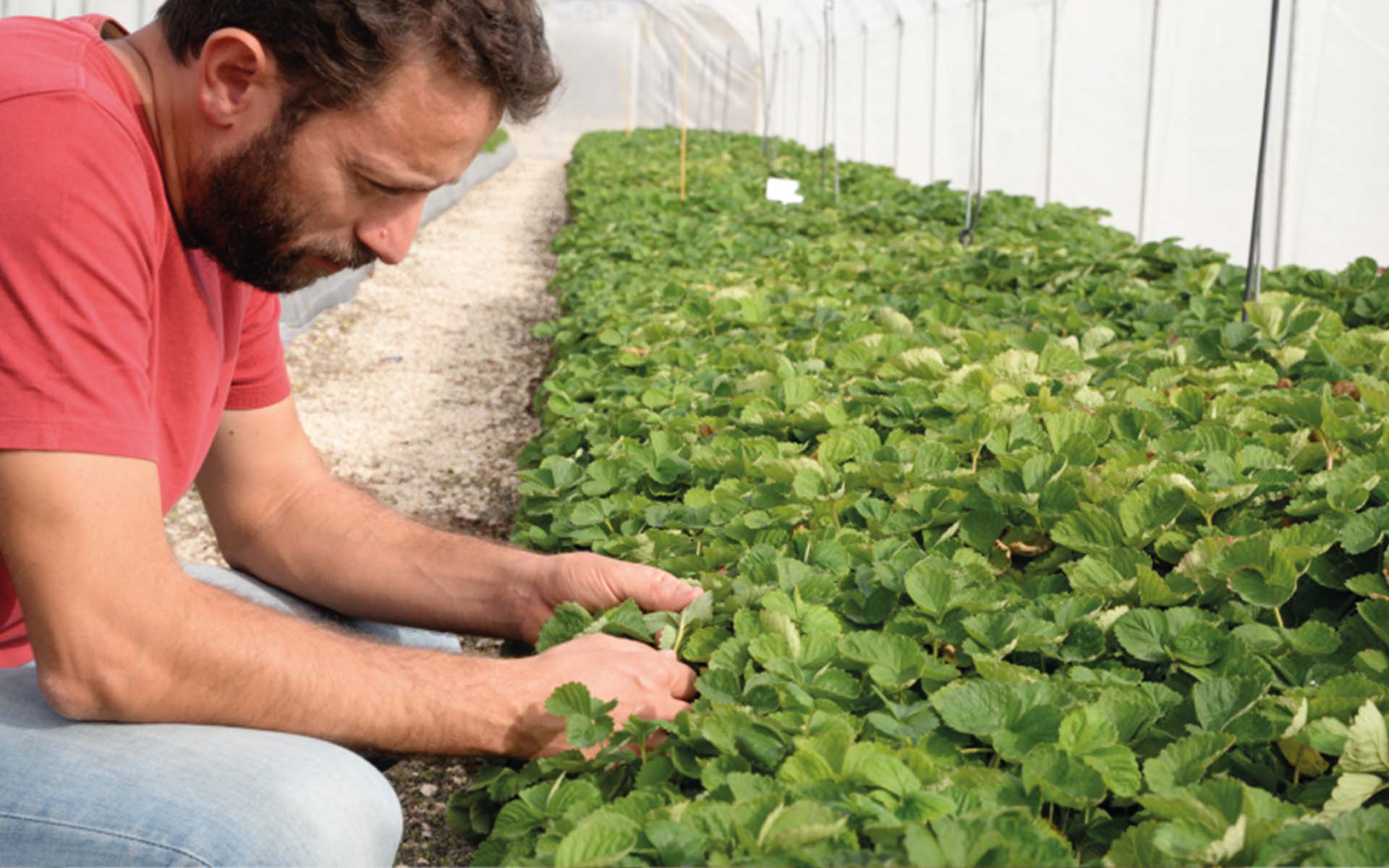How did your varieties record in the last production campaign in Huelva?
We are very satisfied with the result our varieties have achieved in Huelva. The producers of the region have been evaluating the Nova Siri Genetics varieties for some years and in the last campaign they have created important areas with the varieties NSG 120 (Rossetta®), NSG 203 (Marimbella®) e NSG 207 (Gioelita®). These three cultivars have satisfied the producers for their earliness, rusticity, productivity and organoleptic characteristics of the fruits.
The adverse climatic conditions of the last campaign caused a significant decrease in the quality of the fruit. Is the way to look for varieties that are more resistant to these problems, as happened with strawberry botrytis? The lack of cold hours was also a problem, are varieties that require fewer cold hours developing?
Our research is focused on the selection of low winter chilling requirement cultivars addressed to Mediterranean areas. During the selection phases, we favor the crosses that need a few hours of cold for the flower buds differentiation, able to tolerate the main pathogens that attack the strawberry such as Oidium and Botrytis, as well as a whole series of fungi that affect the root system. The varieties of Nova Siri Genetics used by the producers of Huelva are very rustic and not very sensitive to problems related to adverse weather conditions and to the main diseases affecting the fruit and the plant. In several years of field selection necessary for the identification of a new variety, the plants are tested in different environments, characterized by increasingly frequent climatic anomalies. The goal is to obtain varieties able to cope with changing climatic needs, which have a considerable impact on strawberry cultivation.
How does the plant behave in the nursery?
The nurseries made in Spain and Poland have an excellent plant growth. Despite the unfavourable climatic trend recorded in spring, in the period of construction of the nurseries, characterized by returns of cold and snow, our nurseries have caught up and at the moment the situation is in line with the period. The rusticity and strenght of the varieties help to overcome the difficulties that may arise with climatic anomalies.
To what extent has the pandemic affected the Spanish strawberry production sector?
There have been the biggest problems in the phase of harvesting and selecting the plants in the warehouses in the period of September-October. Since a lot of staff is needed at this stage of production, in order to respect social distancing much larger processing areas had to be used, in addition to the problem of personnel transport.
Do you think there are technological innovations that can help you obtain a healthier plant?
The use of new biotechnologies "New breeding techniques" (NBTs) allows us to increasingly improve the quality of the nursery material and offer the producer a rustic plant capable of producing strawberries of the highest quality.
For soil disinfection in nurseries, do the alternative solutions currently presented work? (example: ozone, biosolarization ...)
We need to offer increasingly sustainable productions to the market and therefore we need to find low environmental impact solutions for all stages of the production process, starting from those that take place in the nursery. Soil disinfection is important to guarantee the producer a healthy plant, capable of producing high quality strawberries. The techniques we are using together with the rusticity of the varieties allow us to obtain a good nursery material, capable of ensuring the producer healthy productions and satisfactory quantities to achieve a good return in economic terms.
The EU strategy aims for even more sustainable production, do you believe that there are sufficient alternative solutions for the future to preserve the health of the plant?
To have healthy plants with minimal use of pesticides, the only way froward is that of genetic improvement. We need to work on genetic material that is highly tolerant to pathogens and parasites.
Source: Mercados



